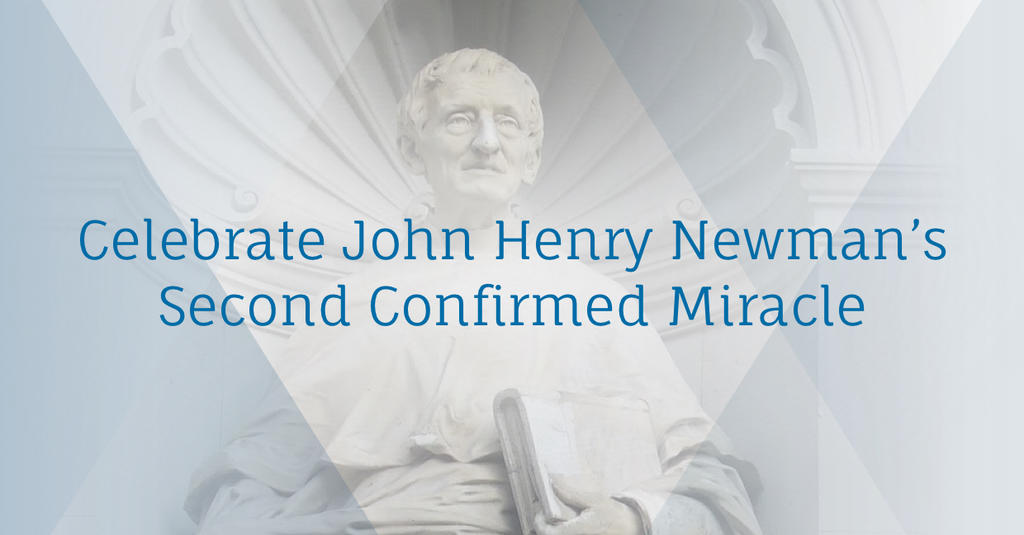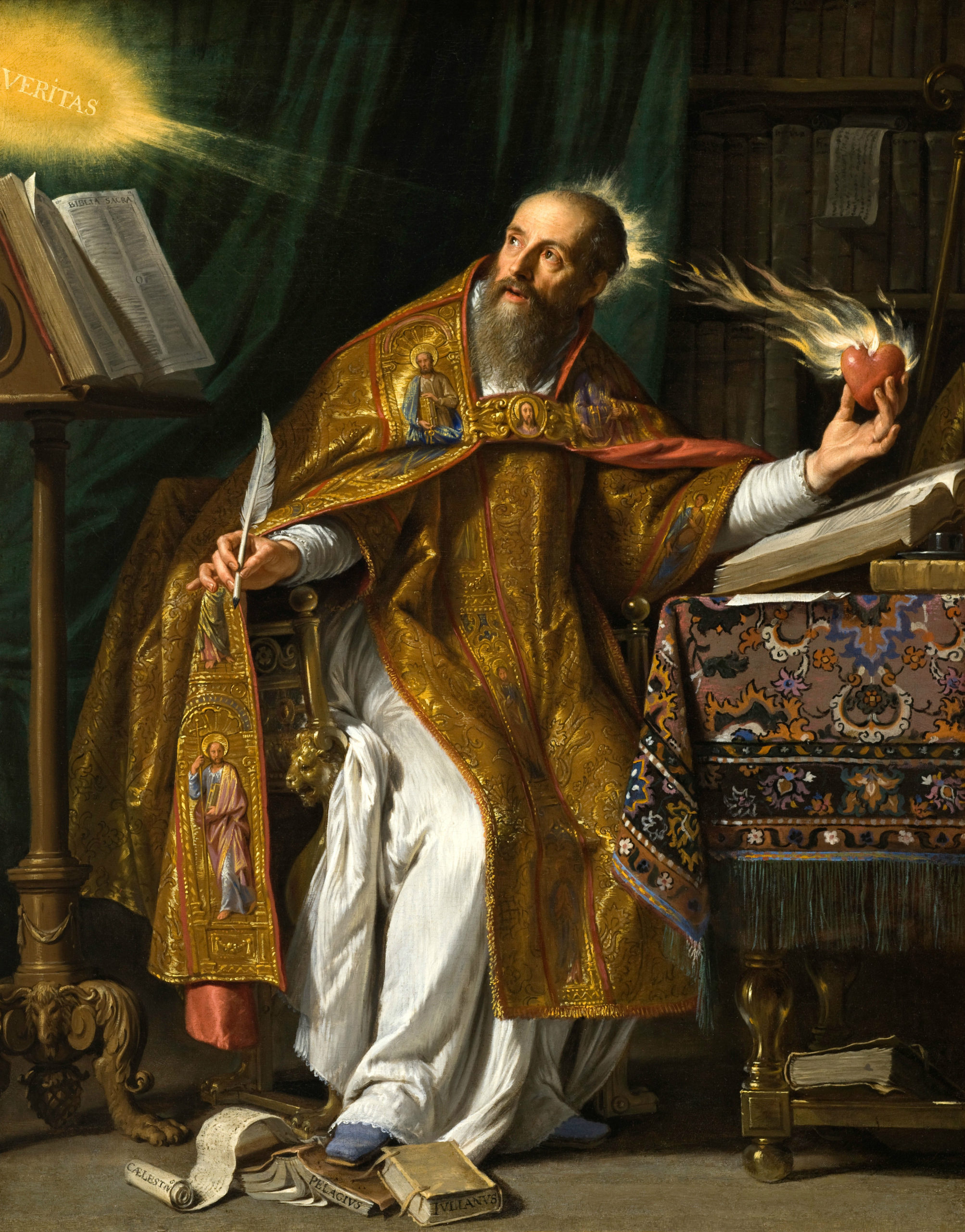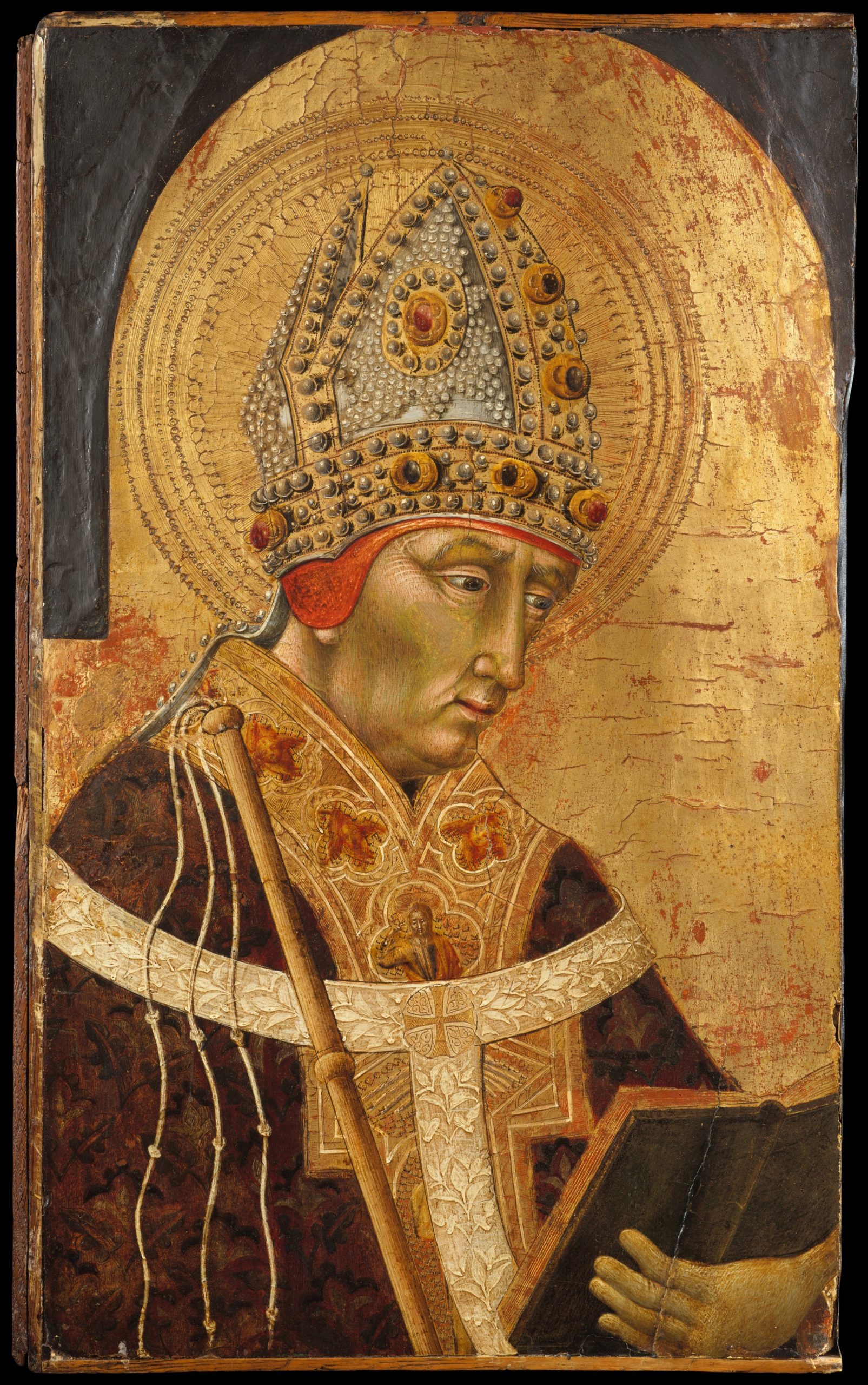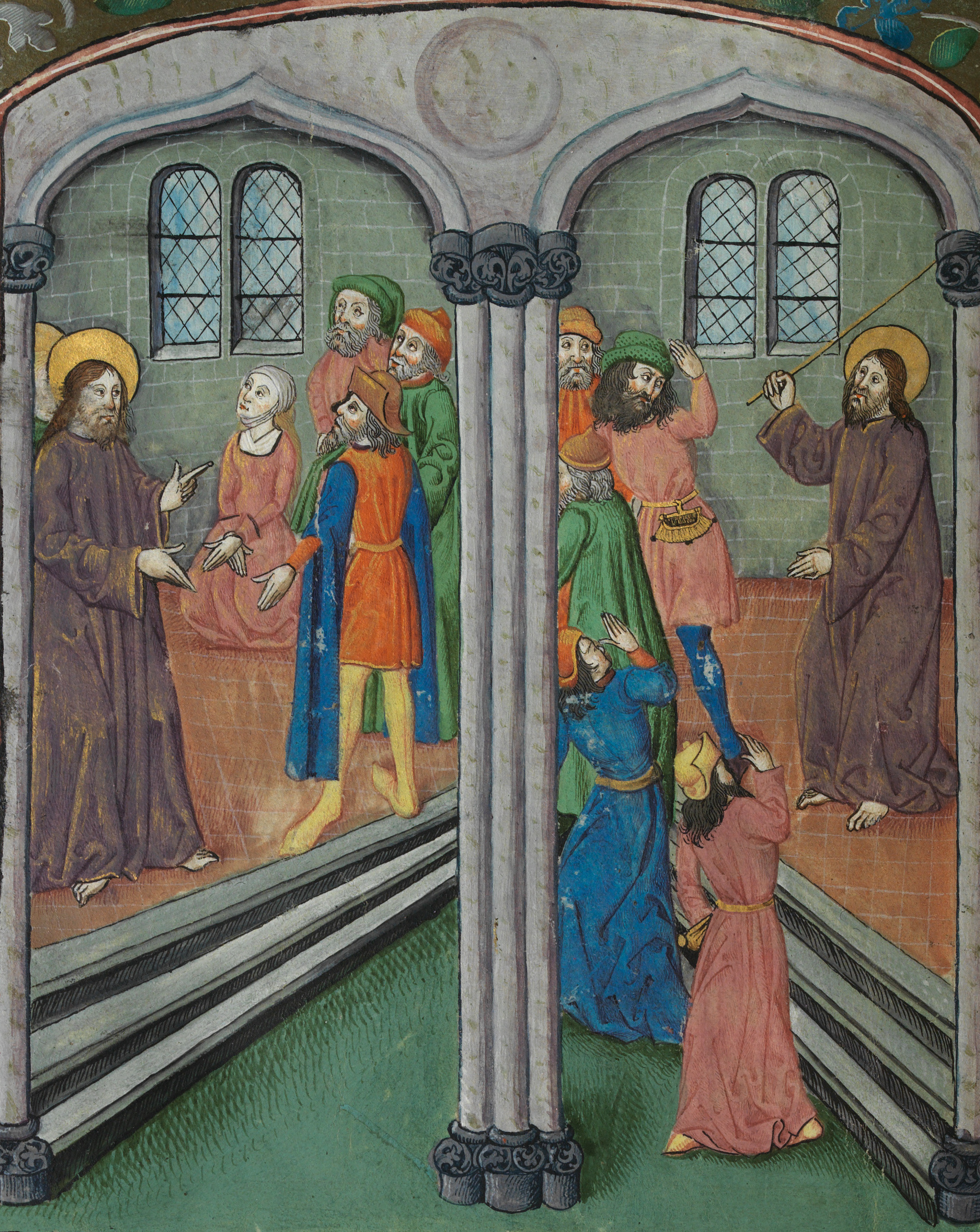 Last week, the Archdiocese of Chicago and the Congregation for the Causes of Saints confirmed Cardinal John Henry Newman’s second miracle, bringing him one step closer to canonization.
Last week, the Archdiocese of Chicago and the Congregation for the Causes of Saints confirmed Cardinal John Henry Newman’s second miracle, bringing him one step closer to canonization.
Cardinal Newman (1801–1890) demonstrated astonishing academic rigor and commitment to Christ and his Church during his ministry, as you can see in the following excerpt adapted from An Essay on the Development of Christian Doctrine.
***
It is true, there have been seasons when, from the operation of external or internal causes, the Church has been thrown into what was almost a state of deliquium; but her wonderful revivals, while the world was triumphing over her, is a further evidence of the absence of corruption, in the system of doctrine and worship into which she has developed.
If corruption be an incipient disorganization, surely an abrupt and absolute recurrence to such a state, after an interval during which it has ceased to be, is even less conceivable than its sustained existence. Now this is the case with the revivals I speak of.
After violent exertion men are exhausted and fall asleep; they awake the same as before, refreshed by the temporary cessation of their activity; and such has been the slumber and such the restoration of the Church. She pauses in her course, and almost suspends her functions; she rises again, and she is herself once more; all things are in their place and ready for action. Doctrine is where it was, and usage, and precedence, and principle, and policy; there may be changes, but they are consolidations or adaptations; all is unequivocal and determinate, with an identity which there is no disputing.
Indeed it is one of the most popular charges against the Catholic Church at this very time, that she is “incorrigible;”—change she cannot, if we listen to St. Athanasius or St. Leo; change she never will, if we believe the controversialist or alarmist of the present day.
Such were the thoughts concerning the “Blessed Vision of Peace,” of one whose long-continued petition had been that the Most Merciful would not despise the work of His own Hands, nor leave him to himself;—while yet his eyes were dim, and his breast laden, and he could but employ Reason in the things of Faith.
And now, dear Reader, time is short, eternity is long. Put not from you what you have here found; regard it not as mere matter of present controversy; set not out resolved to refute it, and looking about for the best way of doing so; seduce not yourself with the imagination that it comes of disappointment, or disgust, or restlessness, or wounded feeling, or undue sensibility, or other weakness. Wrap not yourself round in the associations of years past; nor determine that to be truth which you wish to be so, nor make an idol of cherished anticipations. Time is short, eternity is long.
Nunc dimittis servum tuum, Domine,
Secundum verbum tuum in pace:
Quia viderunt oculi mei salutare tuum.1
***
To celebrate Cardinal Newman’s second miracle—and possible upcoming canonization—you can pick up the Collected Works of John Henry Newman (31 vols.) in Verbum for $79.99. The collection includes over 11,400 pages of timeless meditations on the Faith.
- Henry Newman, J. (1845). An Essay on the Development of Christian Doctrine (pp. 452–453). London: James Toovey.





